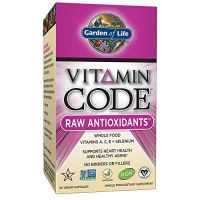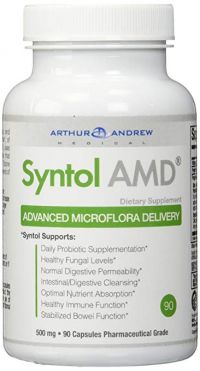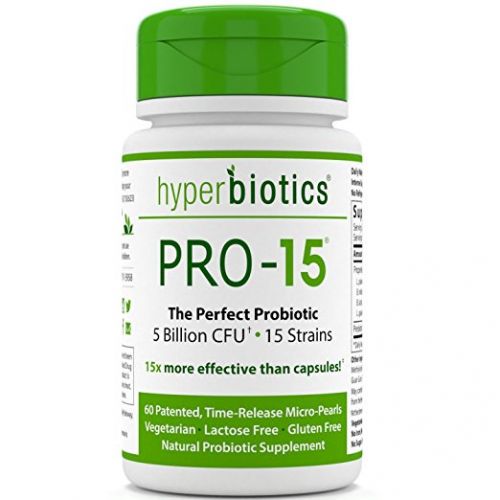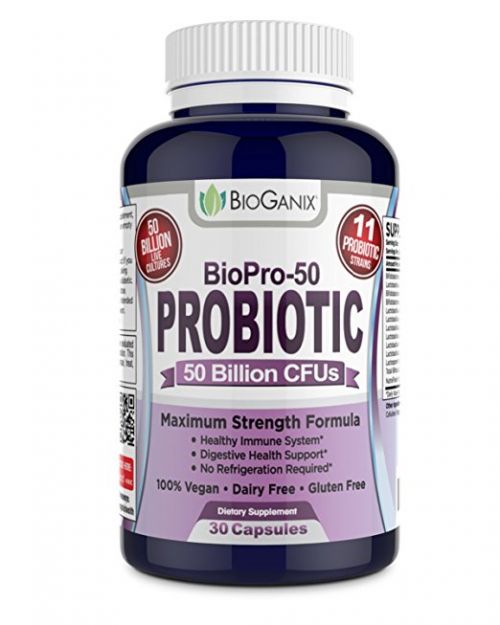Taking probiotic supplements is a good way to improve or maintain the health of your gut microflora. In order for probiotics to be helpful though, these beneficial bacteria must be able to survive digestion and enter your intestinal tract. When is the best time to take probiotics, and what conditions promote the greatest survival for probiotics?

Take Probiotics With a Meal
Probiotics are best able to survive the harsh acidic environment of your stomach when they are buffered by food. On an empty stomach, your stomach acids are undiluted and create a caustic, low-pH setting. Eating a decent meal will allow your food to absorb some of the hydrochloric acid (HCl) secreted by your stomach and raise its pH, creating a more hospitable environment for bacteria and other beneficial microbes.1 Foods containing healthy fats are especially helpful in this regard, and have a greater benefit of increasing probiotic survival.2 Plus, the fiber and nutrients from your food will nourish your probiotics and enable them to grow, proliferate, and flourish faster.3

Take Probiotics up to Half an Hour Before Eating
Unless they are part of a liquid or powder supplement, the probiotics you take probably come in a capsule. The outer shell of this capsule is either made of gelatin or starch of some sort and can take 20 to 30 minutes to dissolve and release the probiotic organisms into your stomach. Some capsules are slow-release and release the beneficial bacteria or yeast farther along in your intestines. Either way, you have a grace period from when you swallow a probiotic capsule before the microbes are directly exposed to the environment of your digestive tract. Probiotics taken as much as 30 minutes before eating a meal will survive in similarly high numbers to probiotics taken at the same time as the meal.2

Do Not Take Probiotics After Eating
The acid-buffering effects of food are short lived, and it does not take long for your stomach acid to regain its potency. Within 20 to 30 minutes of eating a meal, your stomach acid returns to its normal level and the pH drops again. Despite the claims of some probiotic manufacturers, probiotics taken half an hour after finishing eating do not survive in high numbers.2

Do Not Take Probiotics With or After Drinking Chlorinated Water
Chlorine is a frequent additive to municipal water systems. Why? For the same reason it is often added to public swimming pools: it kills bacteria and other microorganisms that might make us sick. However, chlorine is non-discriminatory: it destroys beneficial microbes just as well as harmful ones. If there is chlorine in your tap water, wait at least 20 minutes after drinking it before taking probiotics. Better yet, use a water filter which will remove chlorine and heavy metals like lead which may be present.

Take Probiotics During and After Antibiotic Therapy
Like chlorine, antibiotic drugs do not distinguish between beneficial and harmful microbes. It is now well-known that taking a course of antibiotics can disrupt your gut microbiota, depleting beneficial strains of bacteria and yeast. Doctors are increasingly encouraging their patients to take probiotics to help maintain and restore their microbiome during and after taking antibiotic medications.4
While you are still on antibiotics, of course, the drugs will have an effect on the probiotics you take. Different strains of bacteria are more susceptible to various types of antibiotics while some may be more resistant.5 Your best bet is to take your probiotics at least two hours after taking antibiotics. Though your microbiota will still be impacted, taking probiotics during antibiotic treatment has been shown to reduce side effects like diarrhea. Once you have completed your antibiotic course, that is the ideal time to take probiotics and improve the diversity of your gut microbes and your overall digestive health.4,6
[1] Mitchell DR, Derakhshan MH, Robertson EV, McColl KE. 2016. “The Role of the Acid Pocket in Gastroesophageal Reflux Disease.” J Clin Gastroenterol. Feb; 50(2):111-119. https://www.ncbi.nlm.nih.gov/pubmed/26535479
[2] Tompkins TA, Mainville I, Arcand Y. 2011. “The impact of meals on a probiotic during transit through a model of the human upper gastrointestinal tract.” Benef Microbes. Dec 1; 2(4):295-303. https://www.ncbi.nlm.nih.gov/pubmed/22146689
[3] Slavin J. 2013. “Fiber and prebiotics: mechanisms and health benefits.” Nutrients. Apr 22; 5(4):1417-1435. https://www.ncbi.nlm.nih.gov/pubmed/23609775
[4] Rodgers B, Kirley K, Mounsey A. 2013. “Prescribing an antibiotic? Pair it with probiotics.” J Fam Pract. Mar; 62(3):148-150. https://www.ncbi.nlm.nih.gov/pmc/articles/PMC3601687/
[5] Neut C, Mahieux S, Dubreuil LJ. 2017. “Antibiotic susceptibility of probiotic strains: Is it reasonable to combine probiotics with antibiotics?” Med Mal Infect. Nov; 47(7):477-483. https://www.ncbi.nlm.nih.gov/pubmed/28797834
[6] Koning CJM, Jonkers DM, Stobberingh EE, Mulder L, Rombouts FM, Stockbrügger RW. 2008. “The Effect of a Multispecies Probiotic on the Intestinal Microbiota and Bowel Movements in Healthy Volunteers Taking the Antibiotic Amoxycillin.” Am J Gastroenterol. 103:178-189. https://www.nature.com/articles/ajg20085027
Search the blog
Article Categories
- All Articles (95)
- Rating Charts (1)
- Beauty & Skincare (17)
- FAQ (0)
- Hair Care (9)
- Health & Wellness (12)
- Anti-Aging (4)
- Kid's Health (0)
- Makeup (2)
- Men's Health (2)
- Oral Care (3)
- Sunscreen (7)
- Skin Tools & Treatments (10)
- Supplements (26)
- Videos (0)













